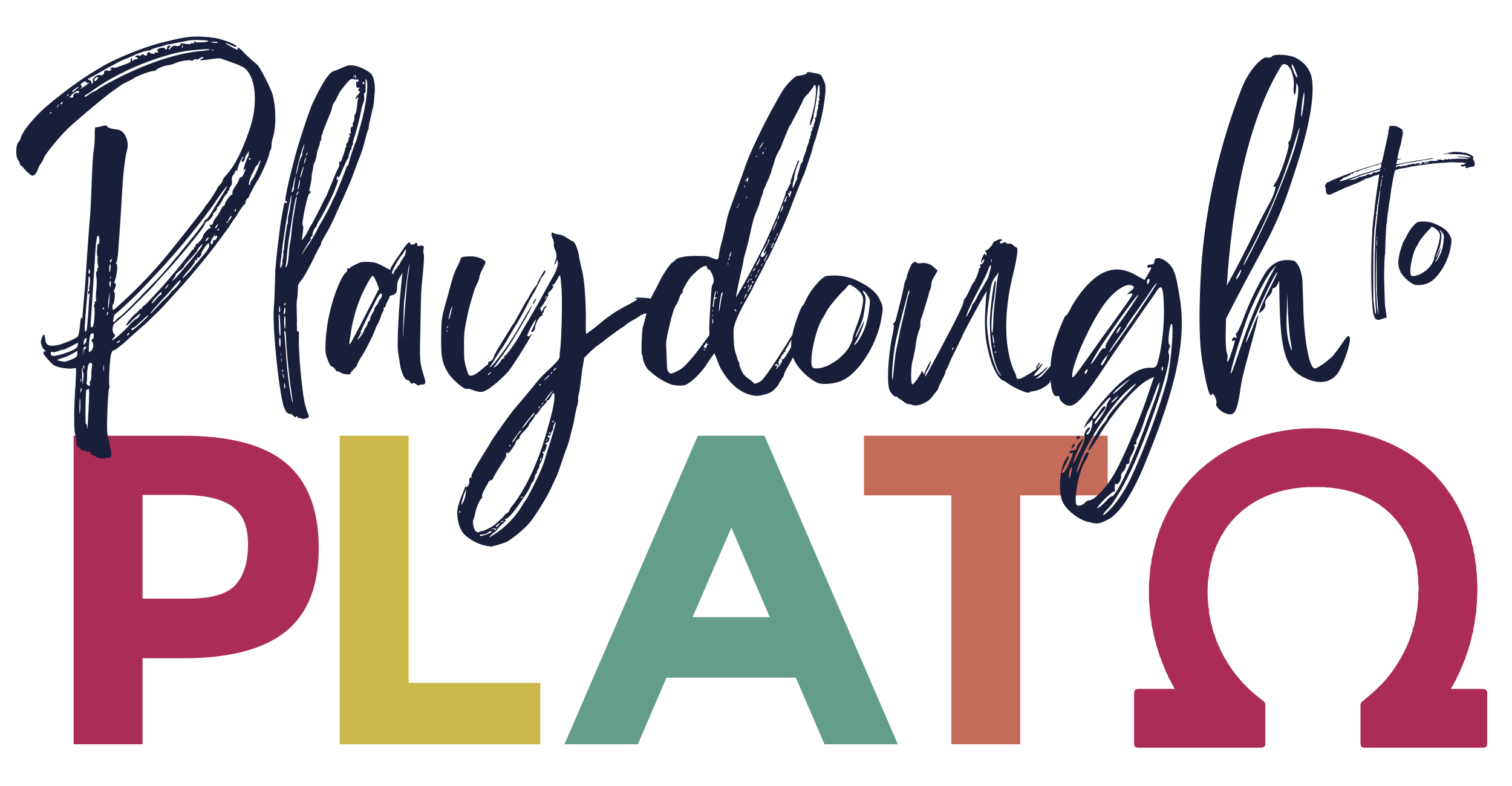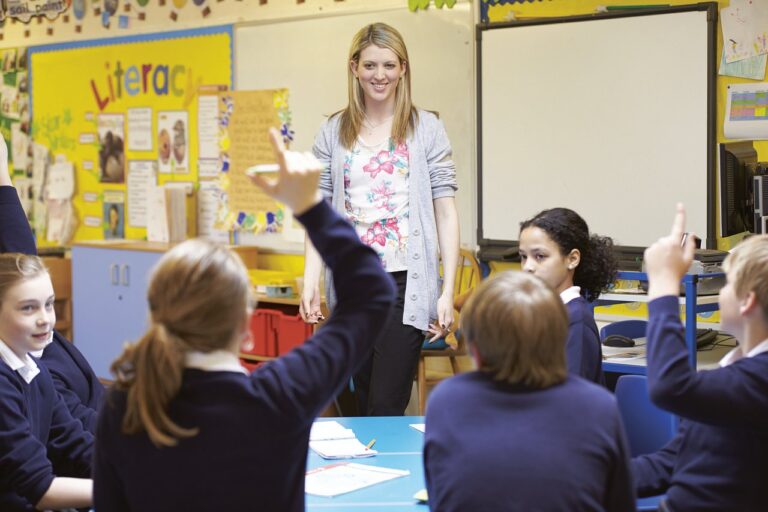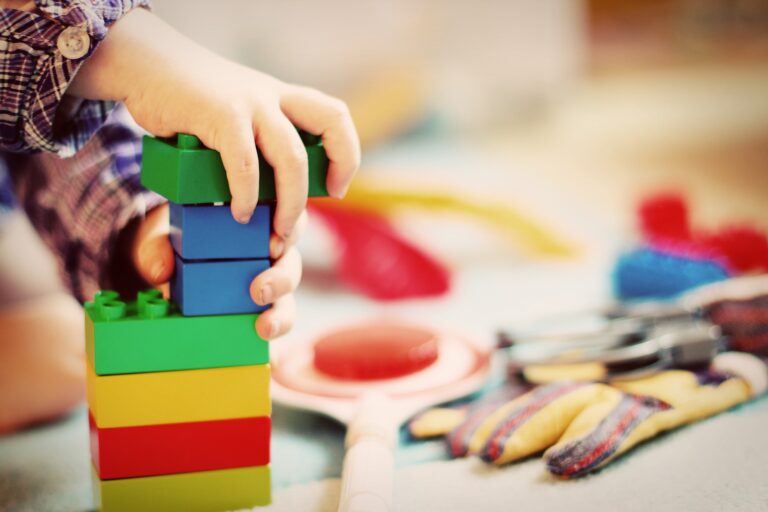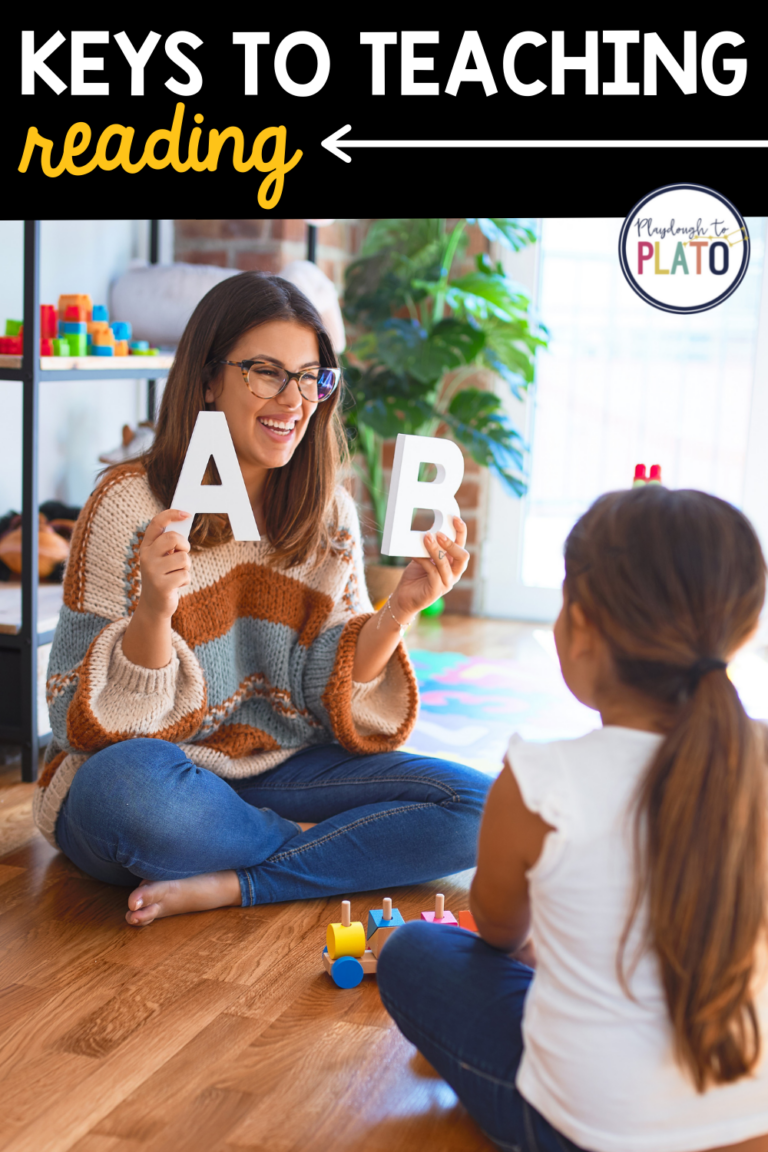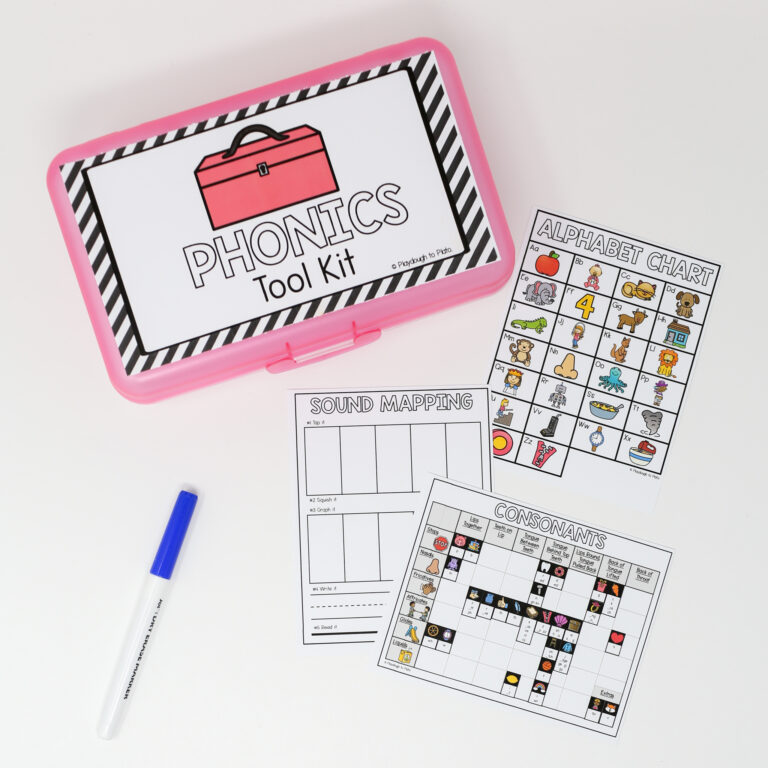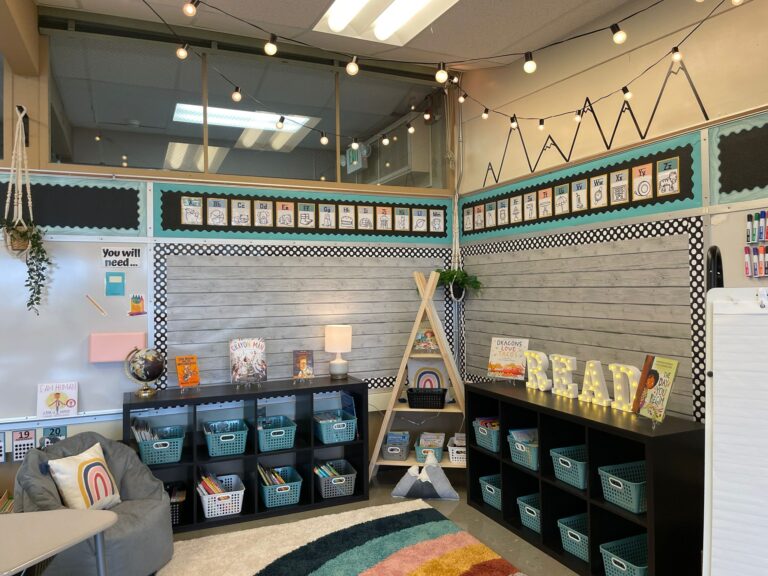Educators in kindergarten, first and second grade face the unique challenge of being responsible for their students having a solid foundation in reading, which will in large part determine their academic success, as all aspects of their future learning and careers need to build upon it.
The pressure is enormous, and with large classroom sizes and varying degrees of proficiency, how to teach reading is one of the largest challenges teachers in these grades will face.
Because there are so many components to reading, it’s crucial that teachers use proven but updated reading resources to ensure kids are learning how to read with relevant, engaging and memorable activities that will introduce concepts and then help ensure they retain them.
This includes activities that students perceive as fun, but are actually teaching them. If they are enjoying the reading activities, then students will participate and will also associate reading with positive feelings, instead of dread, frustration or fear.
Some activities that parents can undertake prior to children entering school will also help ensure that reading comprehension happens successfully. When students are exposed to these activities, they are more likely to learn how to read.
Expose children to songs and nursery rhymes
They aren’t just fun – they get kids used to hearing sounds and syllables in words. If you can clap together and recite songs together even better.
Make simple word cards
Get index cards or cut up construction paper and write simple words with three letters that your child will understand. Pig, sun, pot, etc. Let them pick a card and hold up three fingers. Work on understanding the sounds in each word, starting with the first one for each, since that will be the easiest to identify. If they’re just starting to learn about letters, practice the sound and worry about the name of the letter itself later. Pretty soon they will be finding things in your home and yard and asking if there are three letters so they can get their own card as well.
Create an environment that has a lot of words
Beyond books, do you have posters, charts, your own to-do lists, decorative signs, etc. in your home ? All of these are opportunities to share with your child all the wonderful things words can do. Outside of the home, point our billboards, signs and even lettering on the side of trucks. “What sound is that letter?” “Can you think of another word that starts with that sound?” The object is to make it a game and keep it fun and non-threatening. If your child doesn’t want to play anymore, that’s okay too.
Play with letter magnets
Vowel sounds in the middle of words can be tricky as children are beginning to learn how to read. Put some letter magnets on the fridge or a metal surface and put all the vowels on one side. You can talk about how they all have different sounds depending on what’s around them. Say a simple three letter word with a consonant, vowel, consonant and ask your child to spell it using magnets. Remind them of the sound each vowel makes and then see if they can find the one that sounds the same as in the word.
Read together often and ask questions about the book
When you read a book together, not only is it quality time, you’re demonstrating the enjoyment you can get after you learn how to read. You can show them how to sound out words, grow their vocabulary (make sure you ask if there’s a word they might not understand), and help them develop a love of reading. Help them comprehend stories by asking questions suggested by the illustrations or photos. “What color is that?” “Why do you think he was afraid?” A book doesn’t have to just be read straight through. And with familiar and favorite books, at some point they will want to “read” to you, which is wonderful!
Play games to memorize high-frequency sight words
As your child is progressing, and even when they start learning to read at school, it’s helpful to help them memorize “sight” words. These are words that are harder to sound out, but need to be memorized because they are used frequently in reading. Words like you, they, where, was and does that don’t follow the rules. Make a game as they work to learn the rulebreakers and spot them in their reading.
The most important thing is to make reading fun so when it’s time for them to formally begin learning how to read, they will have a great foundation already established.


